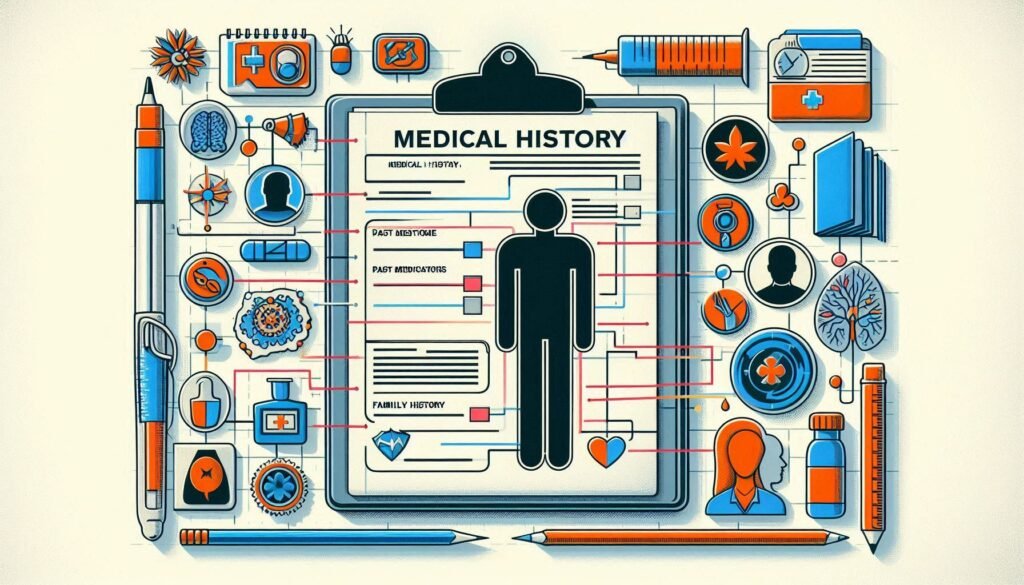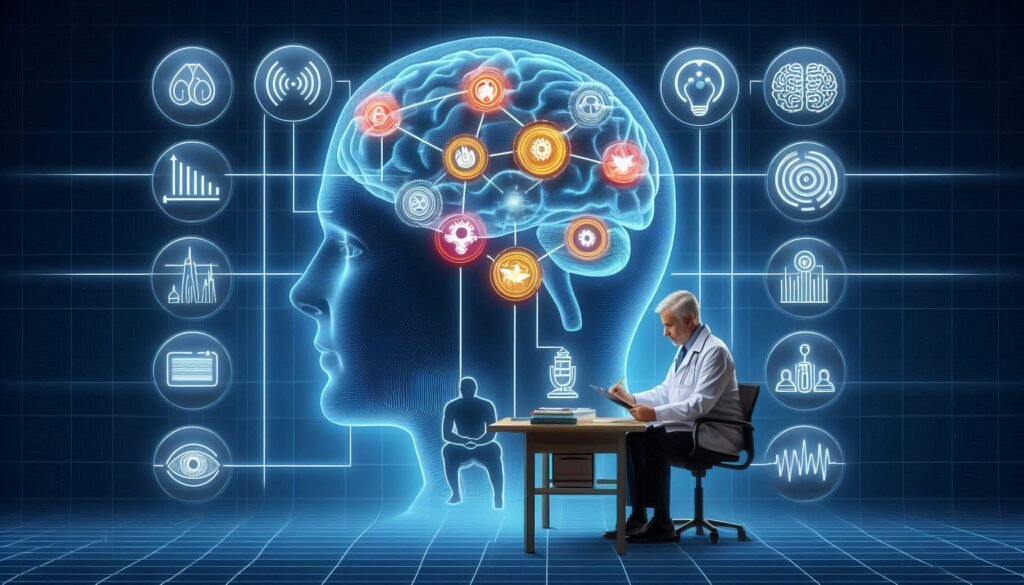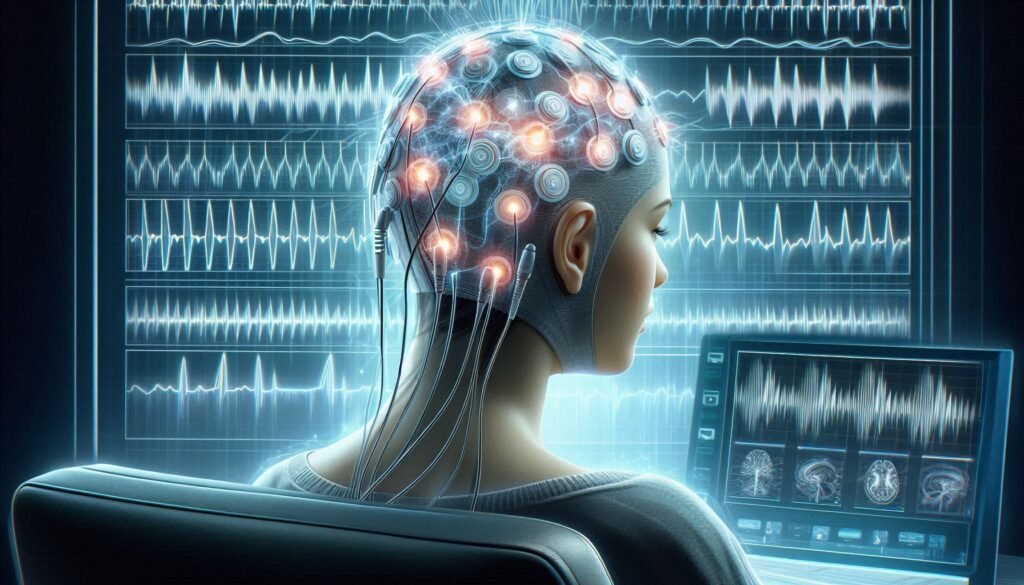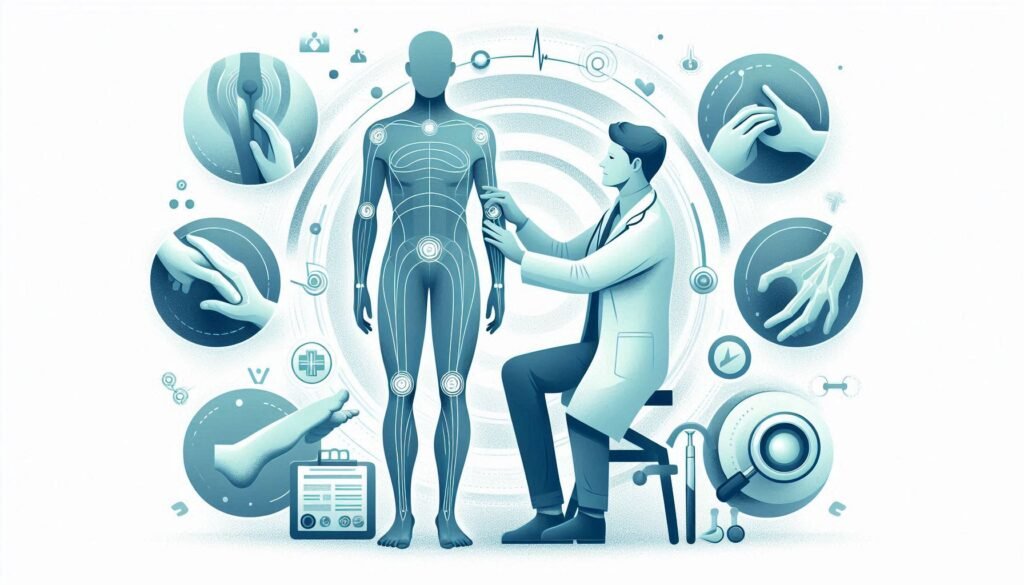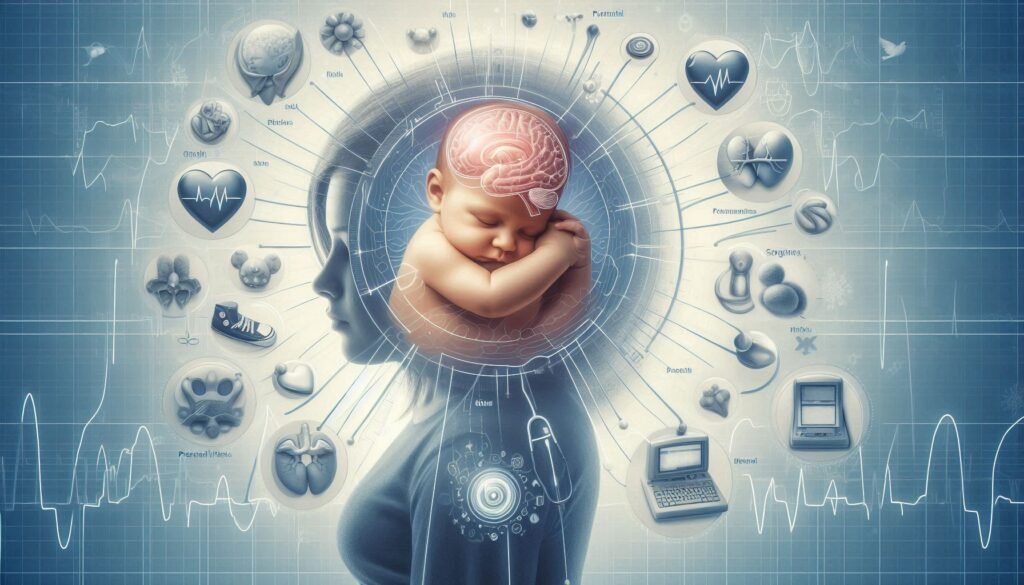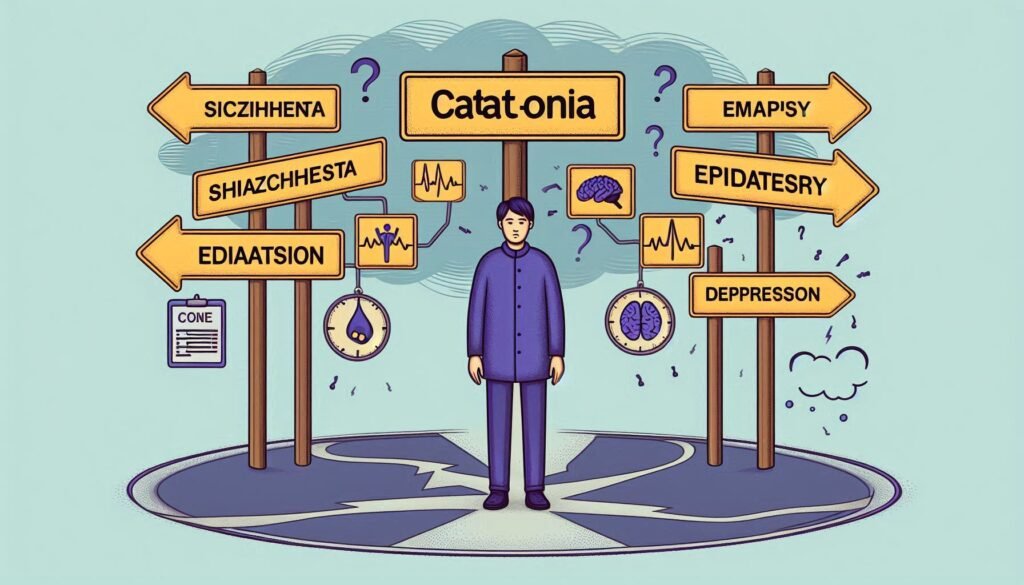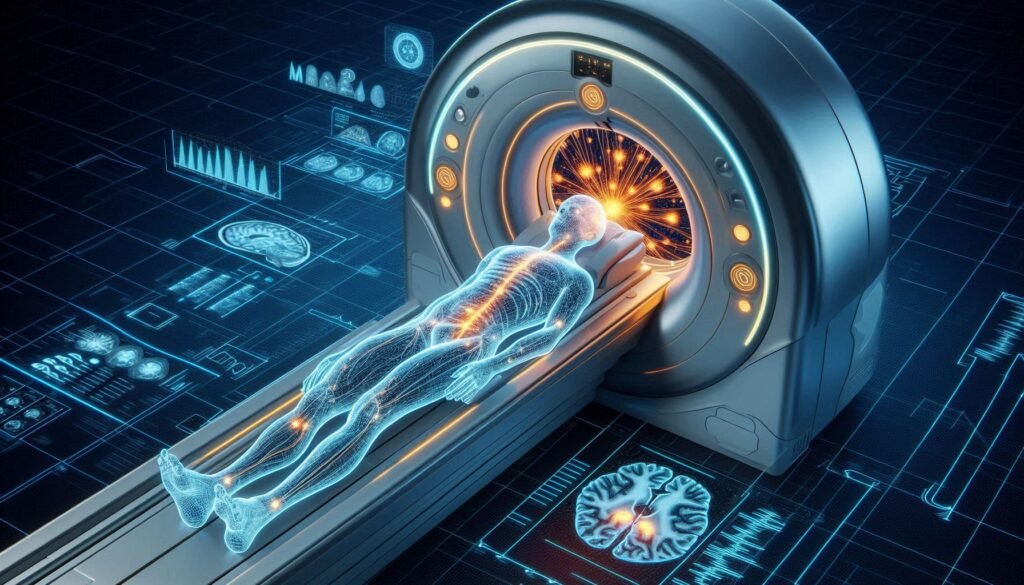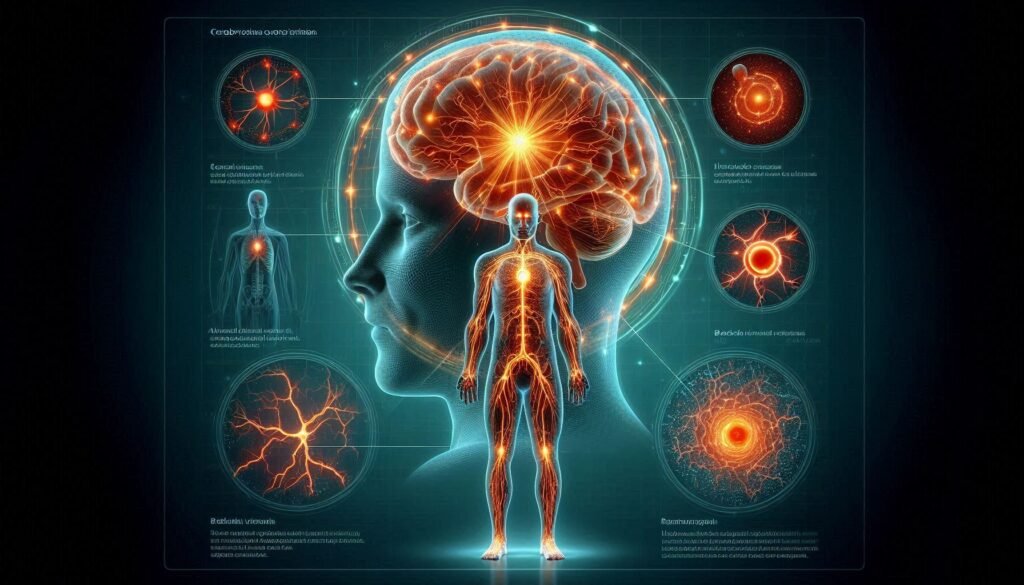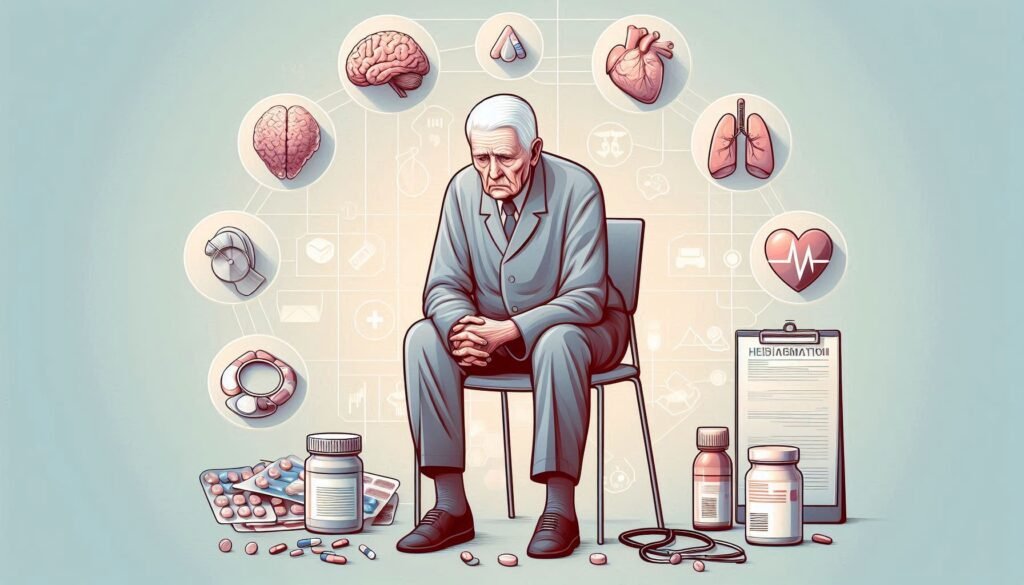Piecing Together the Puzzle: The Critical Role of Medical History in Catatonia Diagnosis
Navigating the complex landscape of catatonia diagnosis can feel like piecing together a jigsaw puzzle. Each fragment holds critical information that, when aligned correctly, reveals the bigger picture of this intricate condition. Among these fragments, medical history shines as a guiding star. It is not merely an administrative task; instead, it serves as a roadmap […]
Piecing Together the Puzzle: The Critical Role of Medical History in Catatonia Diagnosis Read More »

